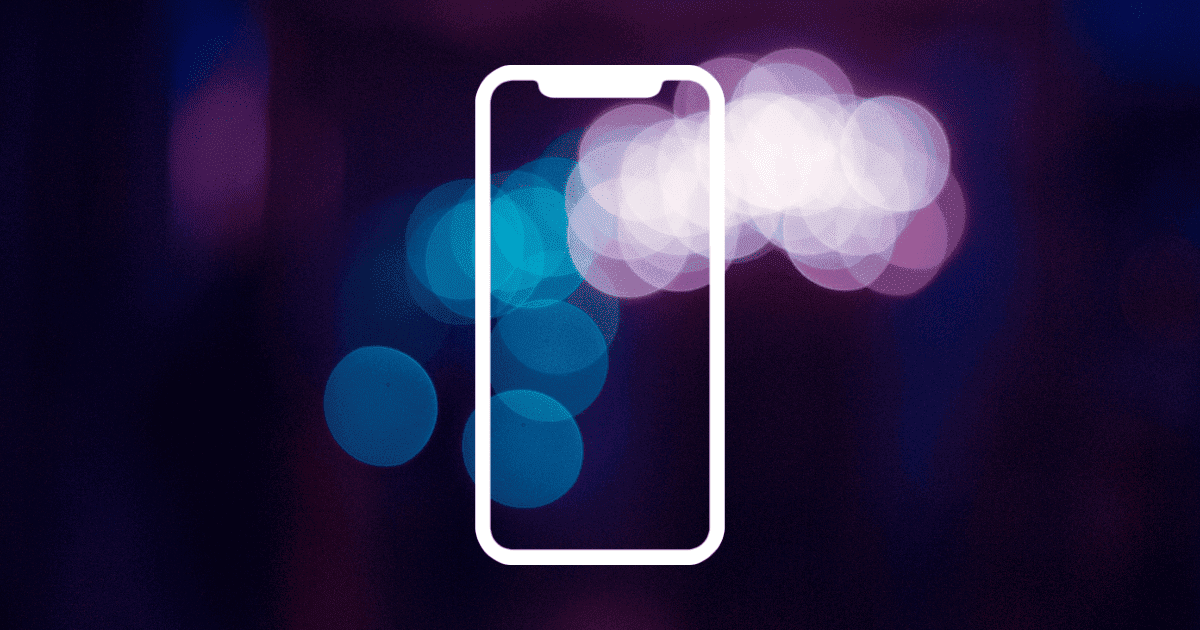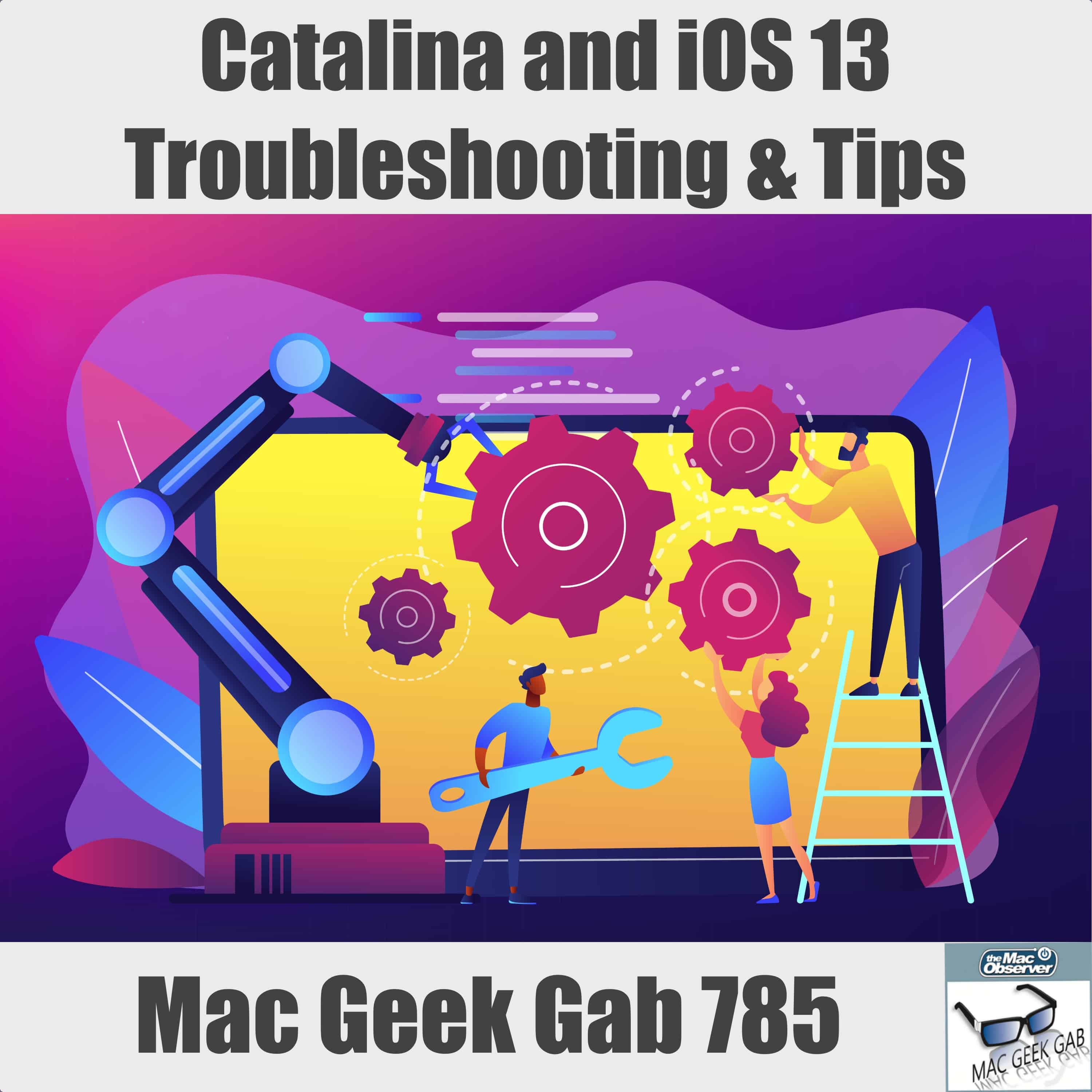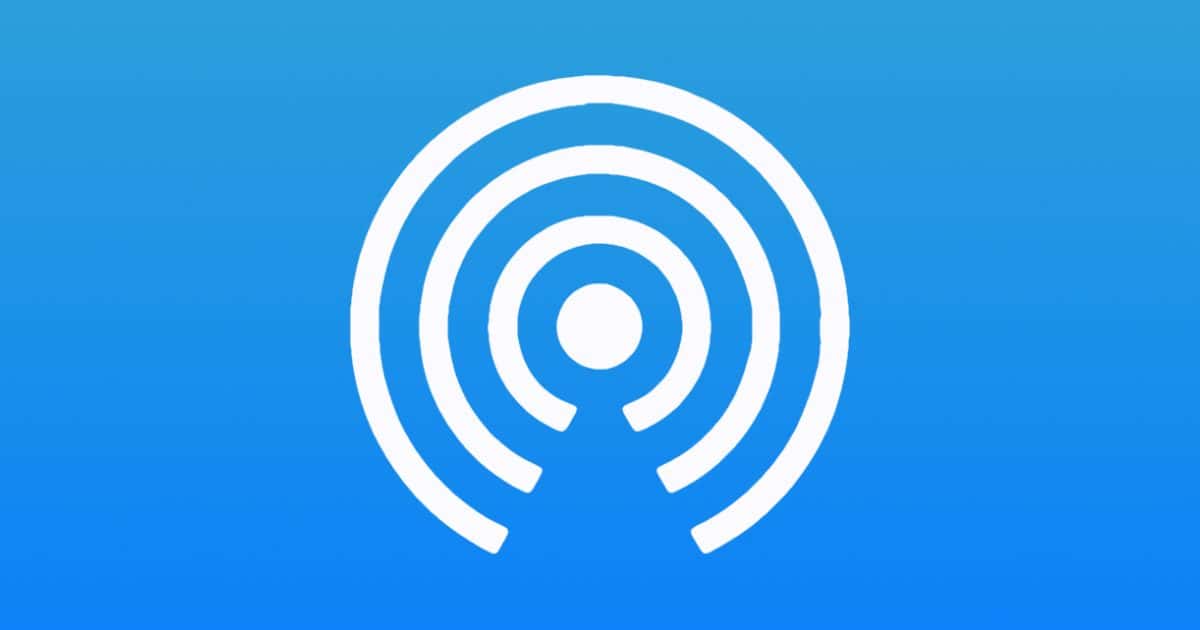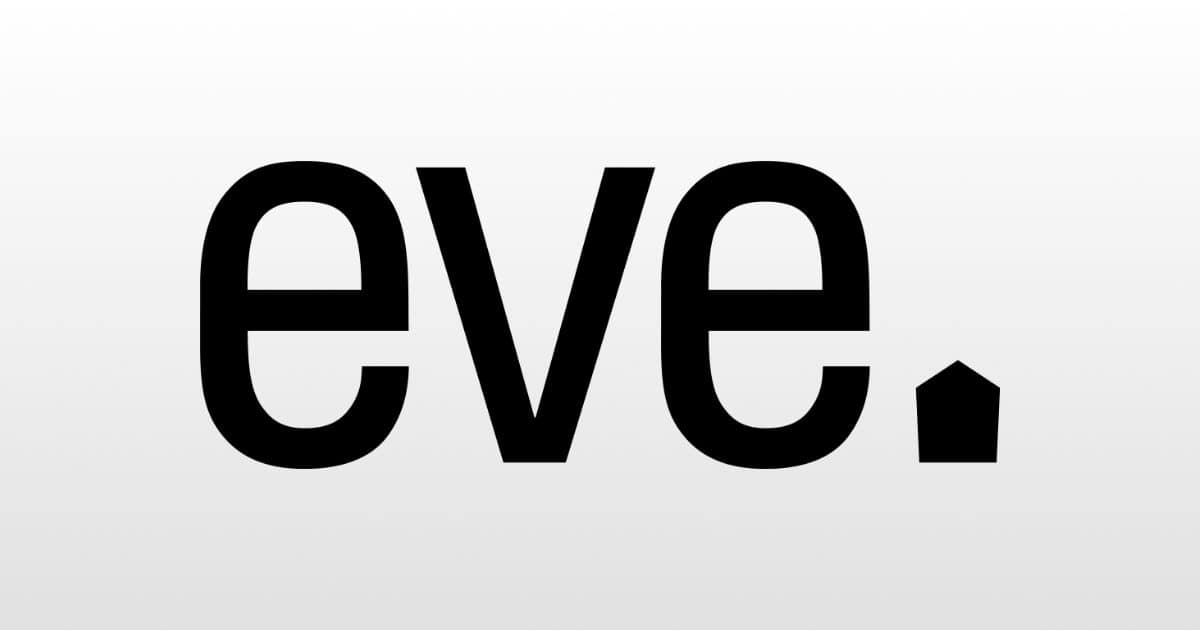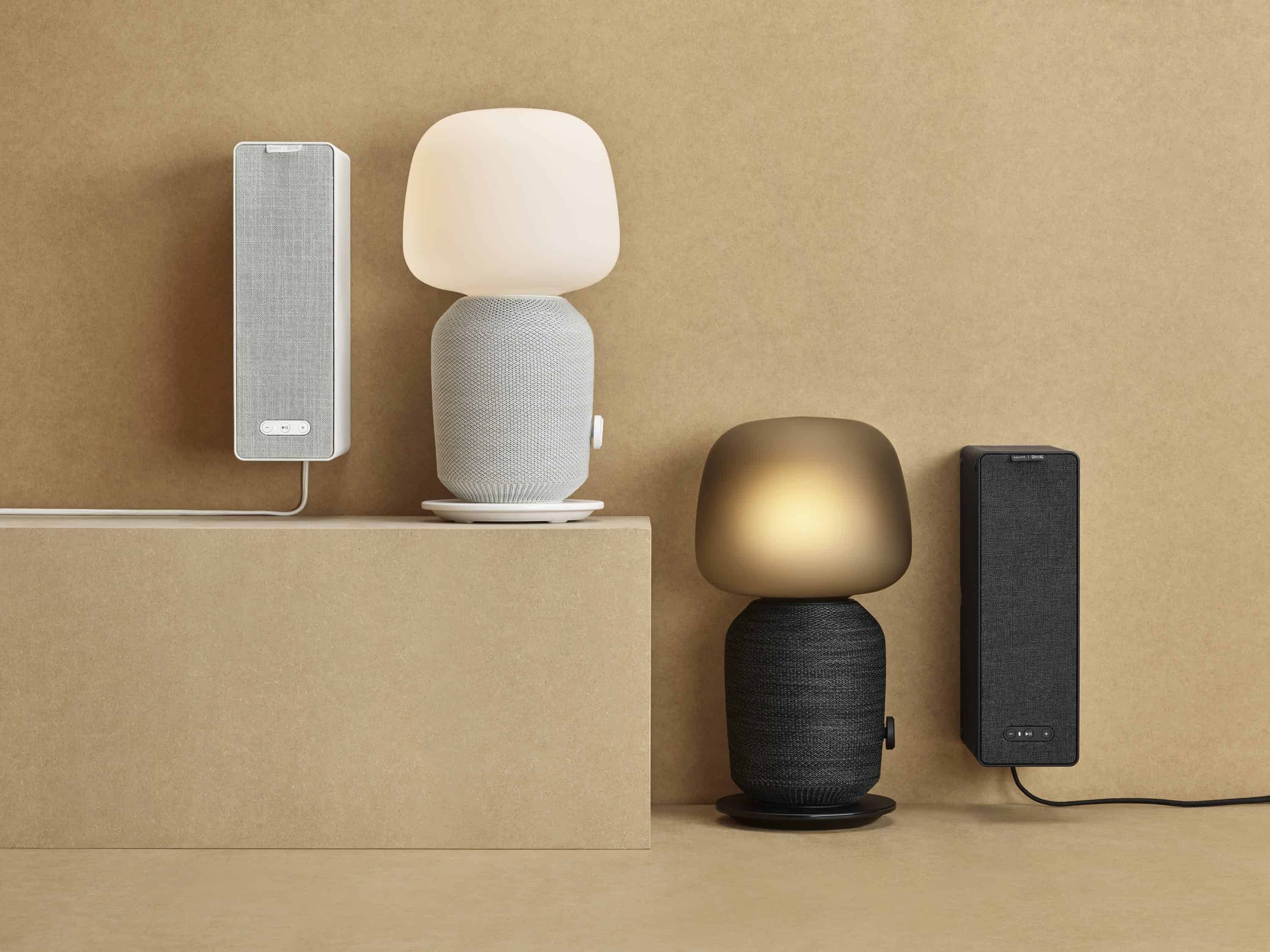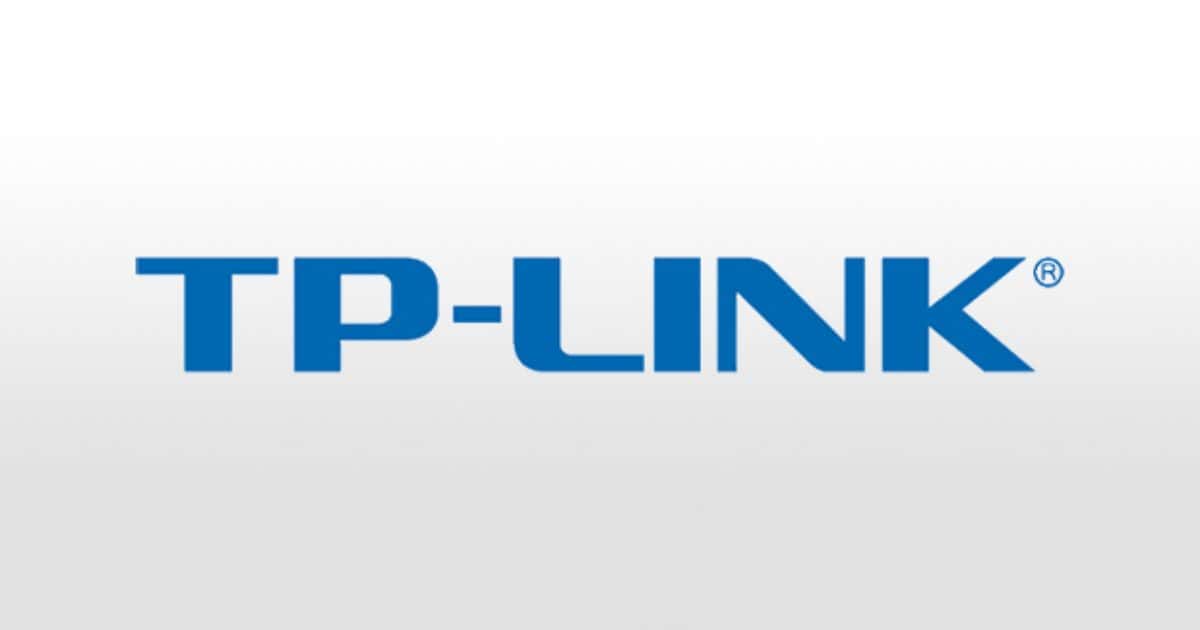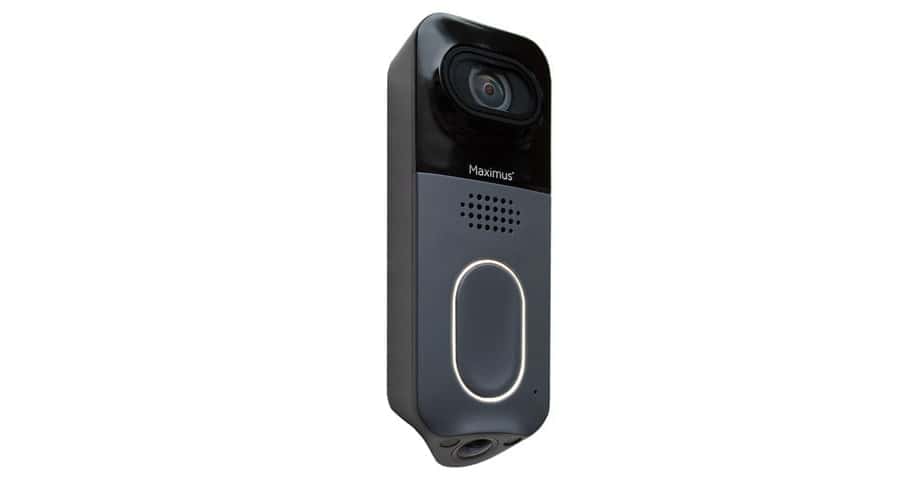Today eero announced that its mesh routers are now available to on Apple.com, like the Mesh Wi-Fi Router and Beacon Mesh Wi-Fi Range Extender.
Search: smart home
Wink Subscription Deadline Has Been Extended by One Week
Wink wants customers to sign up for its monthly subscription. The deadline—which was today—has been extended by one week to May 20.
Wink: Give Us $5 Monthly Or Lose Access to Your Devices
Wink is a company that makes smart home devices, and it recently announced it will force customers to pay a US$5/month subscription or they will lose access to device functionality.
In order to provide for development and continued growth, we are transitioning to a $4.99 monthly subscription, starting on May 13, 2020. This fee is designed to be as modest as possible […] Should you choose not to sign up for a subscription you will no longer be able to access your Wink devices from the app, with voice control or through the API, and your automations will be disabled on May 13. Your device connections, settings and automations can be reactivated if you decide to subscribe at a later date.
1: I think that’s called extortion, or fraud at the very least. 2: Apparently Wink is owned by will.i.am of The Black Eyed Peas, and has trouble paying its employees. Not that it’s relevant, I just haven’t heard either of those names in years.
Apple's U1 Chip Could Change The iPhone
There was discussion about whether or not the latest iPad Pros have Apple’s U1 ultra wideband chips in them (spoiler alert: they haven’t). However, the processors could have a dramatic effect on the next generation of iPhone, as Samuel Axon explained for Wired.
Apple has been silent about its long-term plans for the chip, but researchers have found many applications for UWB. It was initially pitched to consumers (with little success) as a way to rapidly transfer large files to nearby personal devices, but the proliferation of smart home and location-based technologies has given it a new life. For example, UWB could be used to unlock your automobile door when you approach it. While this is possible with other wireless technologies, UWB is significantly more accurate than, say, Bluetooth Low Energy – accurate enough to know which specific door you’re standing next to, so only that one is unlocked. Leaks from Cupertino have indicated that Apple plans a competitor for Tile – the electronic tags you attach to valuables so you can locate them with an app. Because Tile products rely on Bluetooth LE, U1-equipped smartphones and locator tags would be more accurate at finding a precise location.
Apple At CES, New TV+ Shows – TMO Daily Observations 2020-01-09
John Martellaro and Charlotte Henry join host Kelly Guimont to discuss Apple’s (lack of) presence at CES, and the new wave of TV+ content.
CES 2020 Preview – TMO Daily Observations 2020-01-03
Dave Hamilton and John F. Braun join host Kelly Guimont to discuss CES 2020 and what TDO will look like next week as part of that coverage.
Amazon Boasts Record Holiday Sales
Amazon reported a record-breaking holiday season as U.S. online sales overall hit a record high according to a new report.
Publishers Say ‘Jury is Out’ on Apple News+
A new report on Apple News+ shows that while some publishers don’t make a lot of money from Apple’s service, they plan to stick around.
macOS Catalina and iOS 13 Tips and Troubleshooting – Mac Geek Gab 785
macOS Catalina and iOS 13 have been out for a few weeks now, and your tips and questions have been coming in. Plus, Dave learned a few things at MacTech last week to add. Mix in some Cool Stuff Found, a few Quick Tips, and some follow-ups from last week and we’ll all learn at least five new things!
iPhone 11's U1 Chip Could Spark a Revolution
You wouldn’t know it because it wasn’t mentioned during the iPhone 11 keynote, but the new iPhones have a new chip. Called Ultra Wideband, or “U1” it’s a way for iPhones to figure out their position in 3D space relative to other U1 devices. Apple mentions the use-case of a person pointing their U1 iPhone at another U1 iPhone to send files over AirDrop. Jason Snell writes that this is just the beginning.
But the possible applications of UWB go way beyond AirDrop and tracking tags. Decawave’s Viot says potential applications include smart home tech, augmented reality, mobile payments, the aforementioned keyless car entry, and even indoor navigation. (And it’s not a power hog, either—Viot says that Decawave’s latest UWB chip uses one-third of the power of a Bluetooth LE chip when in beacon mode, as a tracking tile would be.)
Eve Announces Four New Products at IFA 2019
Eve Systems creates products for the smart home, and it announced four new products at IFA 2019.
Amazon Helps Cops Get Ring Surveillance Videos Without Warrants
A couple weeks ago I shared news that Amazon is requiring police to promote its Ring surveillance cameras. Not that bad, I thought, because at least the police had to have the owner’s permission. But I was optimistic, because Amazon is giving police talking points on how to persuade owners, and even seizing the video footage if the owner said no.
As reported by GovTech on Friday, police can request Ring camera footage directly from Amazon, even if a Ring customer denies to provide police with the footage. It’s a workaround that allows police to essentially “subpoena” anything captured on Ring cameras.
Things like government surveillance and hacking are precisely why I will never buy smart home products. Update: A Ring spokesperson emailed me a correction: The reports that police can obtain any video from a Ring doorbell within 60 days is false. Ring will not release customer information in response to government demands without a valid and binding legal demand properly served on us. Ring objects to overbroad or otherwise inappropriate demands as a matter of course.
SONOS and IKEA Blend Sound with Furniture for SYMFONISK Table Lamp and Bookshelf Speakers, Starting Under $100
Keep on the lookout for these IKEA-designed Sonos speakers, coming August 1, 2019. If you’ve got Sonos in your home already, this is a great way to add more. If you haven’t yet opened your doors to Sonos, here’s a very affordable way to do exactly that, while adding some style in the process!
Prime Day 2019 Was Amazon's Biggest Event Ever
Amazon declared Prime Day 2019 the largest shopping event in its history with customers from 18 countries buying over 175 million items.
Swiper, More Swiping! – Mac Geek Gab 770
Your questions answered, including migrating photos, syncing movies, moving to a new Mac, which earbuds to get, smart bulbs, and much more. Plus, there’s never a lack of things to swipe. And on your iPhone and Mac, that’s a good thing. Come learn five new things with John and Dave!
Over 2 Billion User Records Exposed in Orvibo Data Breach
Orvibo makes smart home products, and researchers found a leak in its database that exposed over two billion user records. This included usernames, email addresses, passwords, and precise locations.
The data breach affects users from around the world. We found logs for users in China, Japan, Thailand, the US, the UK, Mexico, France, Australia, and Brazil. We expect that there are more users represented in the 2 billion plus logs.
We first contact Orvibo via email on June 16. When we didn’t receive a response after several days, we also tweeted the company to alert them to the breach. They still have not responded, nor has the breach been closed.
Utterly ridiculous. It’s one thing to leak data, and other thing to ignore the problem and not fix it.
Tell Alexa to Delete Amazon Echo Voice Recordings
Amazon announce that users can delete recordings made by their Echo device via Alexa voice commands, not just the website and app.
New Zealand Man Gets a Surprise With New iPhone Purchase
Glen Cottle recently purchased a brand new iPhone for his partner. But upon opening the package, it might not be as brand new as he thought.
Communal Head Scratching to Help Solve Your Problems – Mac Geek Gab Podcast 758
It’s true, your two favorite geeks have come together again to have a “communal head scratch” about all the questions and problems you’ve submitted. Then it’s on to some happy tips, including one about working around the new Dropbox limitations. Download, press play, and learn at least five new things… and get your questions answered, too!
Zero Day Exploit Affects TP-Link Routers
Before you’re tempted to check out Amazon’s sale on TP-Link routers, you should know a zero day exploit was recently found in these devices.
This Google Nest Device Has a Secret Microphone
The Nest Secure smart home hub has had a secret microphone this whole time. But poor Google just plain forgot to tell us.
On Tuesday, a Google spokesperson told Business Insider the company had made an “error.” “The on-device microphone was never intended to be a secret and should have been listed in the tech specs. That was an error on our part,” the spokesperson said.
Silly Google, tricks are for kids. Also, get a HomePod.
Democrats Question Tim Cook Over FaceTime Bug
Democratic Reps. Frank Pallone, Jr., and Jan Schakowsky wrote a letter to Tim Cook today asking for details about the FaceTime bug.
This Gadget Brings Night Shift Into Your Bedroom
Online mattress company Casper released a new gadget called the Glow. It’s a bedside lamp that brings Night Light into your bedroom.
CES - Maximus Offering Increased Security with Dual Camera Video Doorbell
LAS VEGAS – Maximus is showing answer, the first dual camera video doorbell that sees what other devices miss.


